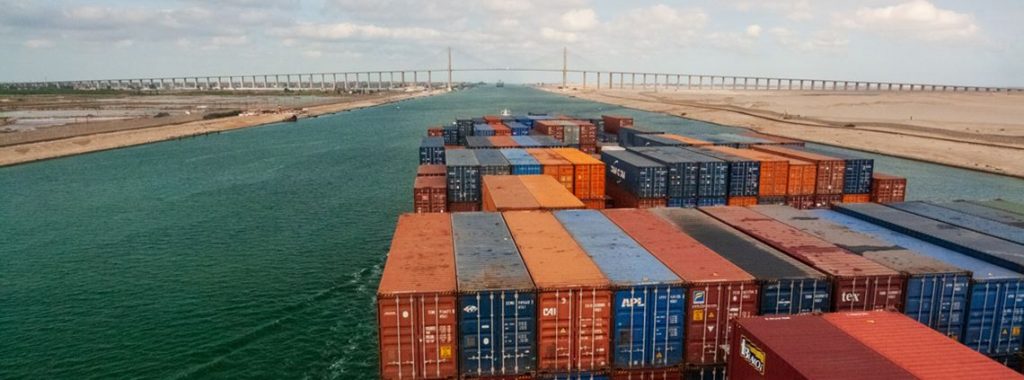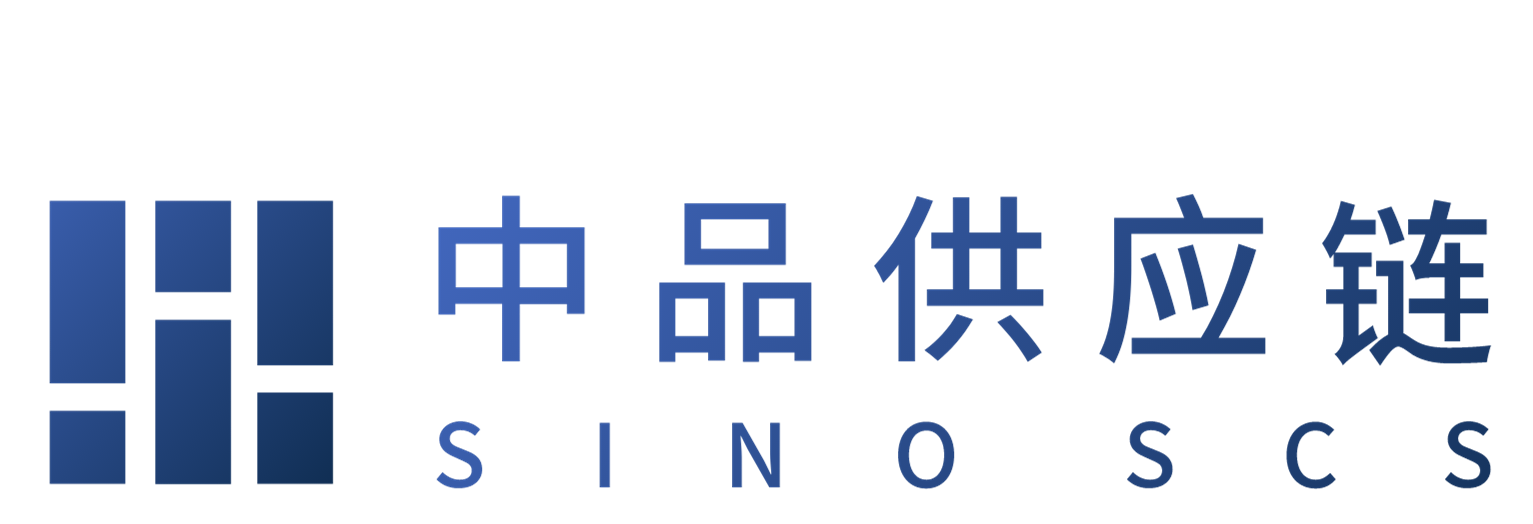Suez Canal blockage ‘could have $40bn supply chain impact’

The giant 400m container ship that has run aground and blocked the Suez Canal could disrupt $40bn worth of trade.
The ship, named Ever Given, is wedged across the southern end of the canal, with tugboats working to urgently refloat the vessel.
The ship is reported to have been caught in a gust of wind and run aground, blocking the key trade corridor, which carries around 10% of global trade.
Evergreen Marine, which operates the vessel, told the Financial Times: “At about six nautical miles from the canal’s southern end, the ship is suspected to have met with a sudden gust of strong wind, which caused the ship’s body to veer from its course and accidentally run aground.”
The blockage has reportedly left dozens of ships stuck waiting to be able to pass through the canal.
Analysts at Russell have estimated the situation could potentially create up to $40bn of trade disruption.
The ship, which is bound for Rotterdam from Yantian, China, could be carrying goods worth $89m, analysts said, including commodities such as integrated circuit boards. The retail sector could face a “significant impact” as a result of the blockage, with around $4m worth of clothes on board.
Suki Basi, MD at Russell, said the disruption highlighted the dependence of global trade on mega ships and how any disruption in trade routes can leave many organisations “significantly exposed” to business interruption risks.
“Coming on top of the global pandemic and recent disruptions to global auto production caused by other events, this latest blockage shows that insurers and their risk partners increasingly need to follow the money when assessing their underlying connected trade risks,” Basi said.
Tom Fairbairn, distinguished engineer at technology firm Solace said: “Like the family car that breaks down at a crucial junction on the way to a family holiday, holding up other holidaymakers, a vital waterway is blocked as the result of a single vessel running aground. Up to 10% of the world’s shipping could be delayed or diverted as a result.
“Supply chains worldwide will be impacted. With the already tight supply situation for semiconductors, including a water shortage in Taiwan and a fab plant fire in Japan, the automotive, electronics and IT industries could be especially hard hit.
“Supply chains will have to be agile, nimble and flexible to counter problems like these. Overnight, batch-based processing and planning simply won’t cut it. Real-time, fully integrated and digitised supply chains are needed to reduce the impact of events like these to a minimum.”
Torbjorn Soltvedt, principal MENA analyst at Verisk Maplecroft, added the blocking of the canal will add to an “already rising Middle East risk premium for oil and refined products”.
He said: “Uncertainty over the duration of the blockage creates a window of opportunity for state and non-state actors seeking to maximise the impact of attacks against tankers and energy infrastructure in the Persian Gulf and Red Sea.”
John Glen, CIPS economist, said: “Almost all UK trade from Asia comes via the Suez Canal, and if goods have to be re-routed via Africa due to the blockage this could add as much as ten days to delivery times for UK businesses. If this does happen it will inevitably lead to shortages of goods and inflationary price rises for consumers. Supply chains are still recovering from the impact of Covid-19 and Brexit, and this issue will put even greater pressure on the UK’s global trade routes.
“This may seem like a small problem in a country far away, but the Suez Canal has always been an important logistics route for the world’s supply chains and the blockage will likely have serious repercussions if it continues much longer.”

